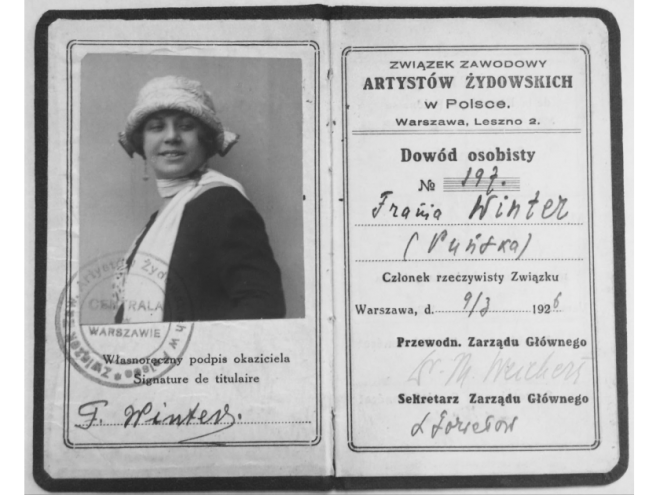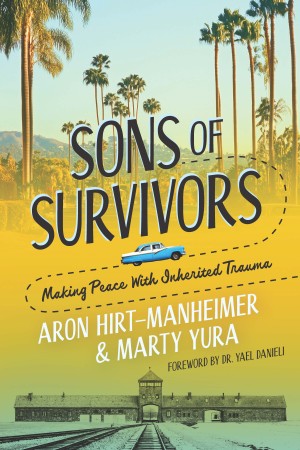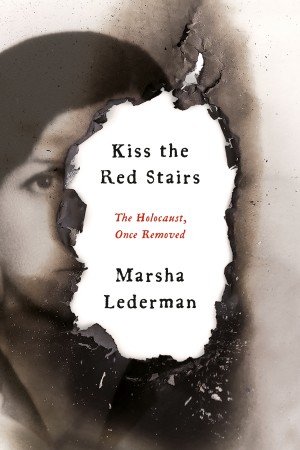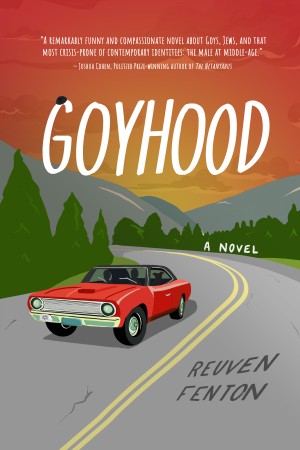The history of Vilna in World War II has always taken a back seat to the far more well-known stories of its sister city, Warsaw. Yet the tragedy of the Vilna Ghetto and the 60,000 Jews who died there deserves to be told in full. Now, Meryl Frank, a talented human rights and political activist, has successfully brought light to the beauty and courage of the people who lived in this city of Yiddish literature and culture.
There are many reasons why the Vilna Ghetto has been understudied. For one thing, the city was a victim of shifting geopolitical borders and at different times became part of four different countries: Poland, Lithuania, Nazi Germany, and the Soviet Union. Historical works were written in all four languages, plus Hebrew and Yiddish, making it very hard for anyone to synthesize the scholarship and begin to decipher what happened there. Yet Frank manages to do just that. What’s more, she humanizes our understanding of the historical facts by bringing the story to a micro level. She focuses on her cousin, Franya Winter, who enjoyed a successful acting career in Vilna’s Yiddish Theatre before the Nazi extermination machine entered the city.
We come to love Franya, and we willingly go along with Frank in her search for her other family members. We learn the little-known fact that the Holocaust began in Lithuania, and we find out how the Nazis defined their mission. Vilna, we come to understand, was central to their plan to murder all Jews, in Europe and beyond.
Although Frank did not experience the Holocaust firsthand, she tells us that in her family, the Holocaust was “everything and nothing.” Every action they took was informed by it, yet they never spoke of it. She becomes determined to comprehend her “ancestral burden” — all the brutality, pain, and trauma that was handed down to her.
Frank delves into the intellectual and artistic ideas that defined prewar Vilna. She pays particular attention to the Yiddish theater, which she sees as having given the city its primal energy. Frank felt that she was the keeper of her family’s stories, and even sometimes Jewish history. It was a feeling that compelled her to face the devastation of this precious culture and sustained her during her hunt through this darkest period of Jewish history. She offers an unflinching view of the facts, characters, and settings she encountered.
This is especially important today, some eighty years later. Frank’s success in uncovering the fate of family members lost to Nazi Germany gives us hope that we will someday be able to comprehend the legacy of hatred and mass murder — a legacy that affects even those of us who are not direct descendants, and, perhaps, even those of us who are not Jews.
Linda F. Burghardt is a New York-based journalist and author who has contributed commentary, breaking news, and features to major newspapers across the U.S., in addition to having three non-fiction books published. She writes frequently on Jewish topics and is now serving as Scholar-in-Residence at the Holocaust Memorial & Tolerance Center of Nassau County.





